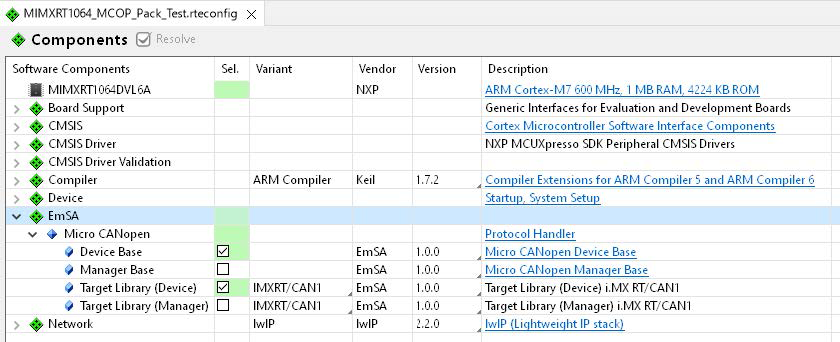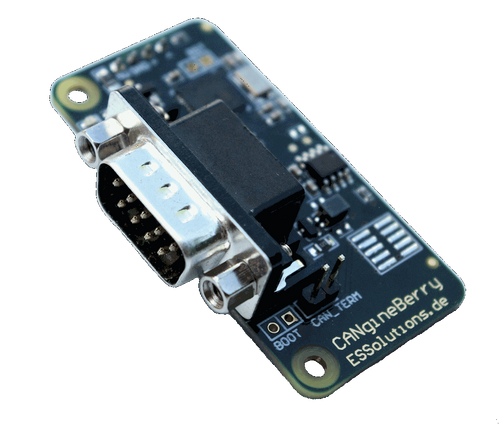Blog
Recent Posts
Micro CANopen Libraries for Embedded CANopen and CANopen FD
Posted by on
Embedded Systems Academy (EmSA) announced the release of its Micro CANopen libraries as Open-CMSIS-Pack compliant with the Common Microcontroller Software Interface Standard (CMSIS) by ARM.
The release simplifies CANopen implementation in embedded systems. Previously, the Micro CANopen libraries were part of selected NXP MCUXpresso software development kits (SDKs). Along with NXP's recent support release for MS Visual Studio Code, SDKs, and third-party components, the libraries are moving to Open-CMSIS-Packs, securing compatibility with a broader range of development tools and micro-controllers.
The Micro CANopen libraries offer a minimalistic implementation of the CANopen and CANopen FD higher-layer protocols for I/O devices and primary managers/controllers, and they come with no license charge. They are sufficient to implement basic I/O devices with limited parameters or controllers with limited network connections. The libraries are compatible with the latest ARM CMSIS releases. Developers can use any tool supporting Open-CMSIS-Packs to access the CANopen libraries, such as NXP MCUXpresso, Visual Studio Code, Arm Keil MDK, and IAR Embedded Workbench. The initial micro-controller support covers several NXP LPC and i.MX micro-controller derivatives.
EmSA provides embedded software solutions and specializes in CAN (Controller Area Network) and CANopen. The software products, consulting services, and training courses support developers in designing embedded systems for automotive, industrial automation, medical applications, and more.
CANgineBerry - CANopen Module for Raspberry Pi
The CANgineBerry for CANopen is an active CAN Bus co-processor module that uses a regular UART communication channel towards the host system. With its independent 32-bit microcontroller, the CANgineBerry can easily execute CAN Bus protocols with tough timing demands such as CANcrypt or CANopen with response times of under 10 ms. Depending on the configuration, the CAN Bus communication can be up and running within 50 ms after power-on, even if the host system takes significantly longer to boot.
 Loading... Please wait...
Loading... Please wait...


